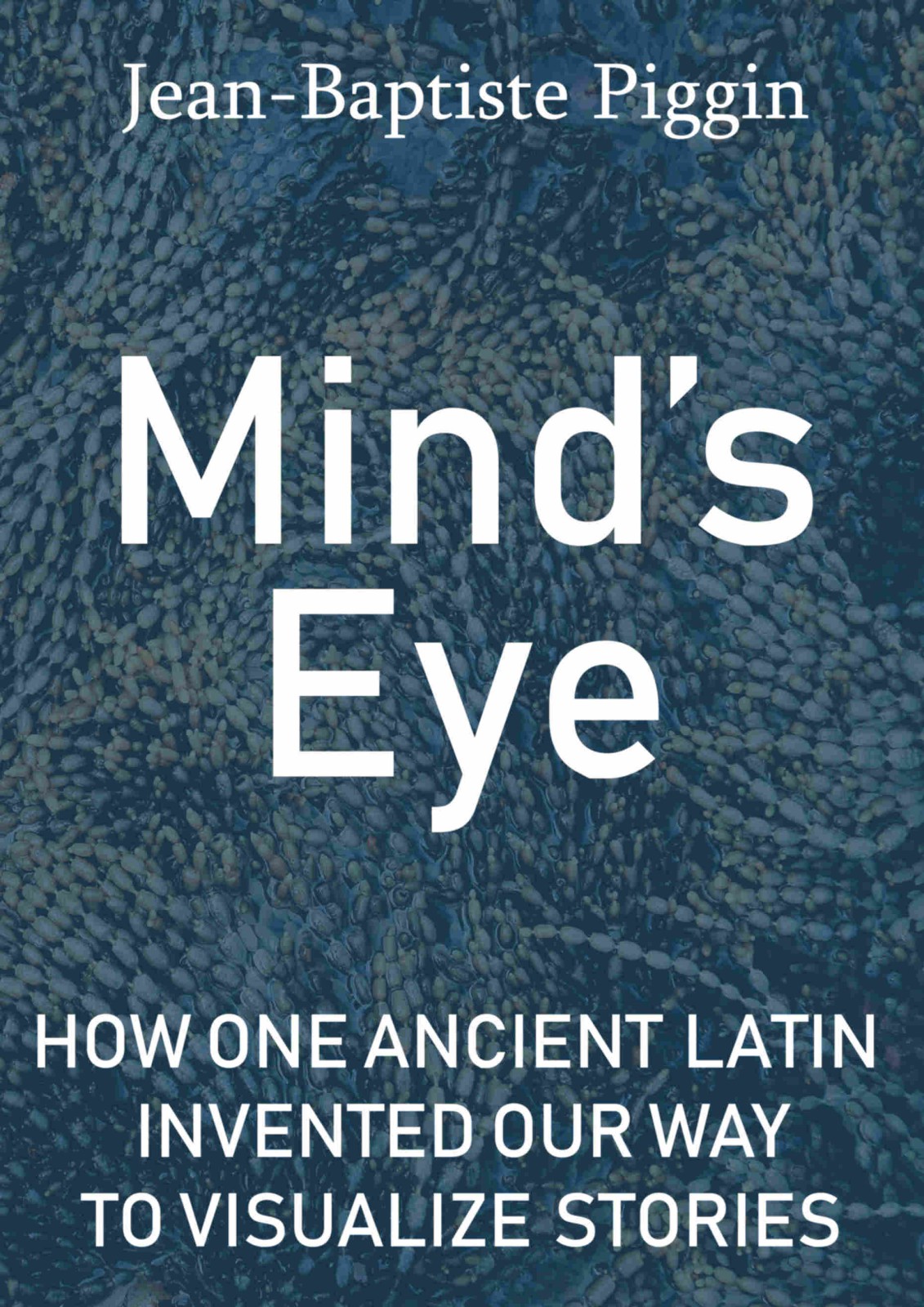In high spirits at the large sum they had received, they gave loose to their appetite, and drank freely of the drugged wine, which presently sent them to sleep. In that state Caesar ordered them to be slain, and he immediately repaid the money to the Milesians. (Book 8 Chapters 1-25: Romans)Neither method was employed with the recent wave of piracy on the Somali coast. I leave it to readers to debate how best to deal with pirates. Polyaenus has a series of more than 800 recipes for dealing with all sorts of human pests.
Among the digitizations July 9 at Digita Vaticana is a Greek manuscript of these Strategemata, Barb. gr. 263. For the current state of thinking about Polyaenus, consult a review of recent conference papers on the book, where it is asserted that the most authoritative title of Polyaenus’ work is Strategika, not Stratagemata. There is an English translation at Attalus.org.
This week saw 15 new items uploaded, bringing the total to 2,336. Here is a diagram on optics in Greek from Barb.gr.114
- Barb.gr.42, Proclus Atheniensis, 410-c. 485, In Platonis Cratylum
- Barb.gr.114, Damianus (4th century), Optica, in which sight is said to be an emanation from the eyes. See the Dictionary of Scientific Biography for more about this little work.
- Barb.gr.115, Plutarch, c.50-127, Quomodo adolescens poetas audire debeat, arguing that poetry is deceptive and particularly dangerous to young people
- Barb.gr.116, work by Psellus, Michael, 1018-1078
- Barb.gr.136, Aristotle: Physica
- Barb.gr.263, Polyaenus: Strategemata
- Barb.gr.270, collection of works of Plato: Platonis et Pseudo-Platonis opera nonnulla cum lectionibus variis atque indice
- Barb.or.44, Latin-Hebrew dictionary, 17th century
- Barb.or.53, a list of Hebrew books that were banned in church domains: Renato da Modena, O.F.M.Cap., m. 1628 [ספר זיקוק], Index expurgatorius. Index vanitatum multarum expurgandarum a libris Hebraeorum praecipue in tribus glosis nempe Chaldaica, Hierosolimitana ac Babilonica, nec non in omnibus commentariis Rabbinorum Collectus
- Borg.ebr.1, Yosippon with introduction by Judah Leon Mosconi
- Neofiti.2, Ibn ʿEzra, Avraham ben Meʾir, 1089-1164 [פירוש התורה לראב"ע], Abraham b. Meir ibn Ezra's commentary on the Torah; by one of the most celebrated medieval Jewish scholars of all; Wikipedia; this copy was made at Cataluyud in Spain in 1473 with some beautifully ornamented incipits and pericopes in filigrees of violet and red ink. One from 156r is shown below
- Ross.360, Maḥzor (Sephardic rite), with additional piyyutim and hoshanot and index of the piyyutim
- Ross.437, Maḥzor made at Lucca, Italy in 1448, for the entire year (Roman rite), including a list of twenty-two fast days, additional piyyutim, prayers, halakhic and other treatises with the index of the seliḥot; certain rubbings out (and perhaps the snips?) are by a censor. At the bottom of 411v you can read the censor's inscription: "Corretto p[er] me Gio[vanni] Dom[en]ico da Lodi neofito di comissione del fr. Ang[elu]s Capillus."
- Ross.925, Abravanel, Yitsḥaḳ ben Yehudah, 1437-1508 [פירוש ס' שמות לר"י אברבנאל]. Commentary on the Book of Exodus
- Vat.lat.12993, Richard Rufus of Cornwall: Scriptum super Metaphysicam
For descriptions of the Hebrew manuscripts, I am in indebted as always to Malachi Beit-Arié (2008). Mark any corrections in the comment boxes below. Follow me on Twitter (@JBPiggin) for more news. [This is Piggin's Unofficial List 19.]





No comments :
Post a Comment